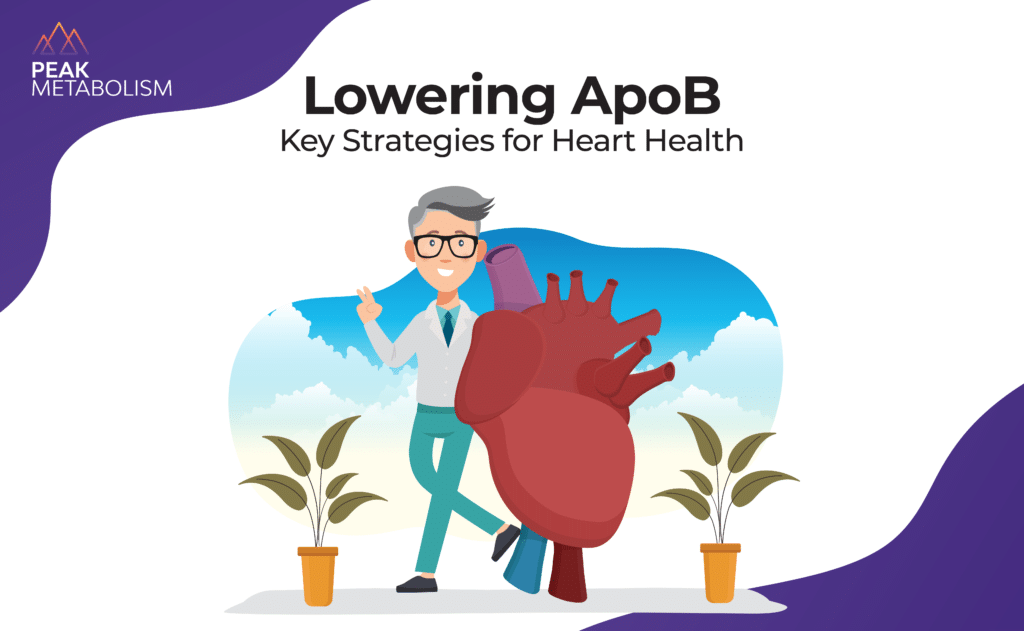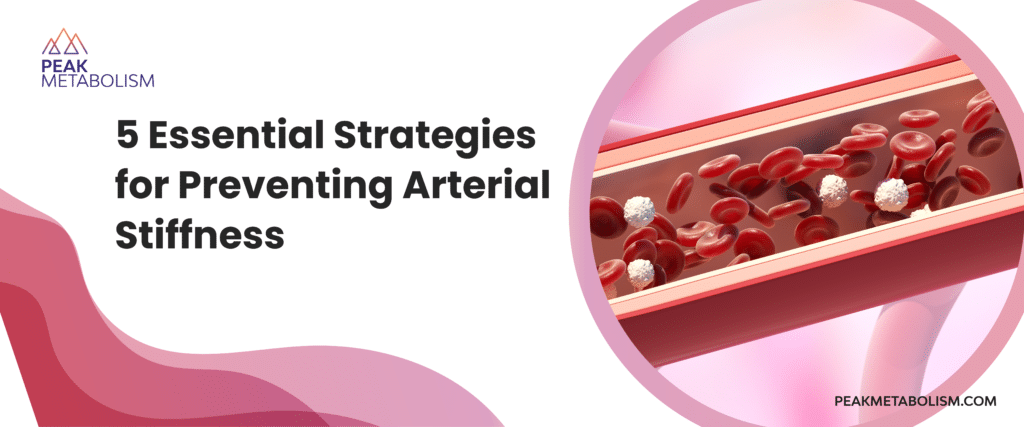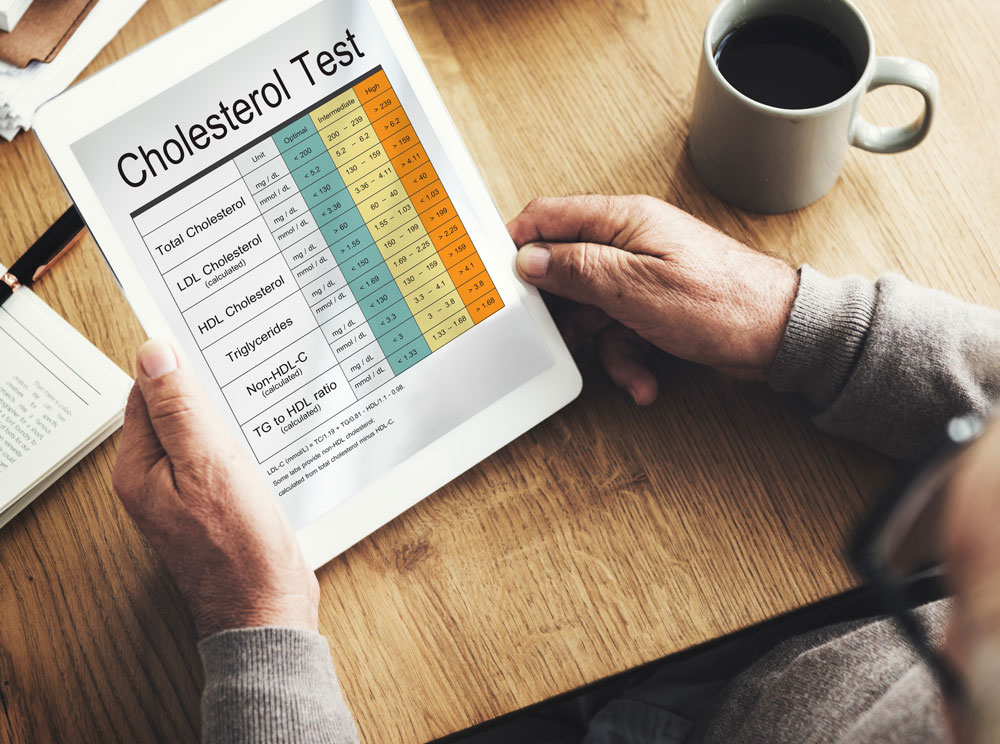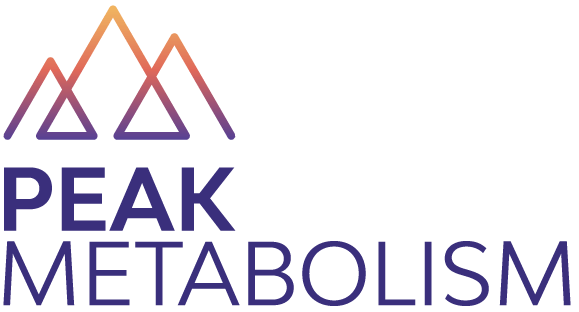
Lowering Elevated ApoB: Strategies for Enhanced Cardiovascular Well-being
High levels of Apolipoprotein B (ApoB) are critically linked to cardiovascular health and the risk of heart disease. ApoB, often correlated with LDL particles—commonly termed ‘bad cholesterol’—is a significant predictor of cardiovascular risk. This article elucidates the role of ApoB in heart disease, delves into scientific findings, and offers practical approaches for lowering ApoB levels through diet, lifestyle modifications, and supplements.
Understanding ApoB
Apolipoprotein B (ApoB) is a vital protein involved in cholesterol metabolism, particularly in the formation of lipoproteins crucially linked to cardiovascular health, they include LDL, VLDL, and Lipoprotein (a). commonly known as a bad cholesterol in the body.
The ApoB number represents the plasma number of LDL particles, which research indicates to be a better predictor of Cardio-vascular risk than just LDL-C which determine the amount of cholesterol carried in the particles. Elevated ApoB levels can signify an increased concentration of atherogenic particles, predisposing individuals to a higher risk of atherosclerosis, coronary artery disease, and cardiovascular events.
The Significance of ApoB in Heart Disease
ApoB is primarily associated with LDL (Low-density lipoprotein), often termed as ‘bad cholesterol,’ due to its atherogenic properties. Research suggests that measuring ApoB levels may offer a more accurate assessment of cardiovascular risk compared to traditional lipid markers like LDL cholesterol.
Scientific Insights into ApoB and Heart Disease
Atherosclerosis and ApoB – A study by Sniderman et al. (2006) published in Circulation: Cardiovascular Quality and Outcomes highlighted the strong correlation between ApoB levels and atherosclerosis progression. Elevated ApoB was linked to increased atherogenic particle concentrations, underscoring its role in atherosclerotic plaque formation and arterial narrowing.
ApoB as a Predictor of Cardiovascular Risk – Superko and Gadesam (2008), in their research published in Current Atherosclerosis Reports, emphasised the predictive superiority of ApoB over LDL cholesterol levels in assessing cardiovascular risk. They concluded that ApoB, as a marker of atherogenic lipoproteins, offered a more precise indication of heart disease risk.
Inflammation, Lipids, and Cardiovascular Events – Catapano et al. (2018) investigated the interplay between vascular inflammation, lipid profiles, and cardiovascular outcomes in their study published in Atherosclerosis. The authors highlighted ApoB’s pivotal role in mediating inflammatory responses and its association with adverse cardiovascular events in at-risk populations.
Uncover lesser-known strategies for cardiovascular wellness. Read our comprehensive guide: The Essential Guide to Reducing High Fibrinogen Levels and learn about the critical but often overlooked role of fibrinogen in heart health.
ApoB and Metabolic health – which is more important?
Do we need to even worry about ApoB in the presence of good metabolic control of Blood glucose and insulin, in a study in 1996 in the New England Journal of Medicine,4 showed that if you have low fasting insulin, and high ApoB, the risk was low for heart disease, however if one had the presence of high insulin AND high ApoB the risk increased 5 fold! So it appears that insulin carries the greater risk of heart disease but more research is needed. More research is needed to understand the mechanisms of how insulin and glucose control impact the risk of heart disease relative to ApoB levels.
Following on from this study, research being conducted on a particular phenotype of individual called ‘Lean Mass Hyper-responder’ namely those people who are lean with BMI less than 22 and have very low triglycerides, High HDL, High LDL and ApoB and low blood glucose but have little or no presence of heart disease is now being evaluated to determine if metabolic health trumps cholesterol markers in specific individuals.
Understanding the Triggers of Elevated ApoB Levels
- Coffee Consumption: Observational studies indicate that having more than two cups of coffee per day can be associated with increased ApoB levels.
- Insulin Resistance: High fasting insulin levels are indicative of insulin resistance, which can affect ApoB.
- Hypothyroidism: Optimal TSH and thyroid hormone levels are crucial in regulating ApoB.
- Weight: Being overweight or obese affects ApoB levels.
- Menopause: Hormonal changes during menopause can influence ApoB and cholesterol metabolism.
- Sleep Deprivation: Less than six hours of sleep per night may increase ApoB.

Strategies to Lower ApoB
- Follow a Mediterranean Diet: Incorporating fish, legumes, nuts, seeds, vegetables, and whole grains can improve and lower ApoB levels.
- Limit Fructose Intake
- Engage in Resistance Exercise: Resistance training has been shown to significantly lower ApoB levels.
- Supplement Wisely:
- Berberine: This extract may lower ApoB levels when ingested at recommended dosages.
- Vitamin C: High Vitamin C intake has shown to decrease ApoB.
- Probiotics: Certain strains can have a positive effect on cholesterol and ApoB.
- Red Yeast Rice: This, as well as statins, are known to reduce ApoB.
Patients seeking alternatives to medication may combine diet, supplements, and exercise to potentially lower their ApoB levels.
References:
- A meta-analysis of low-density lipoprotein cholesterol, non-high-density lipoprotein cholesterol, and apolipoprotein B as markers of cardiovascular risk – PubMed
- Is it LDL particle size or number that correlates with risk for cardiovascular disease? – PubMed
- Vascular inflammation and low‐density lipoproteins: is cholesterol the link? A lesson from the clinical trials. – PubMed
- Hyperinsulinemia as an Independent Risk Factor for Ischemic Heart Disease. – The New England Journal of Medicine
- Coffee and lipid profile: from theory to everyday practice – Folia Cardiologica
- The Regulation of ApoB Metabolism by Insulin – PubMed
- Update on dyslipidemia in hypothyroidism: the mechanism of dyslipidemia in hypothyroidism – Endocrine Connections
- Effects of age, gender, and menopausal status on plasma low density lipoprotein cholesterol and apolipoprotein B levels in the Framingham Offspring Study – PubMed
- Association of sleep duration with apolipoproteins and the apolipoprotein B/A1 ratio: the China health and nutrition survey – PubMed
- Effect of Mediterranean Diet With and Without Weight Loss on Apolipoprotein B100 Metabolism in Men With Metabolic Syndrome – Journal of the American Heart Association
- The Relationship between Daily Fructose Consumption and Oxidized Low-Density Lipoprotein and Low-Density Lipoprotein Particle Size in Children with Obesity – PubMed
- ApoB but not LDL-cholesterol is reduced by exercise training in overweight healthy men. Results from the 1-year randomized Oslo Diet and Exercise Study – PubMed
- The Effects of Berberis vulgaris Fruit Extract on Serum Lipoproteins, apoB, apoA-I, Homocysteine, Glycemic Control and Total Antioxidant Capacity in Type 2 Diabetic Patients – PubMed
- Effect of vitamin C on lipoproteins in healthy adults – PubMed
- Cholesterol-Lowering Probiotics as Potential Biotherapeutics for Metabolic Diseases – PubMed
- Red Yeast Rice for Hyperlipidemia: A Meta-Analysis of 15 High-Quality Randomized Controlled Trials – Frontiers in Pharmacology
Lowering high ApoB levels is a vital step towards safeguarding cardiovascular health. By adopting a Mediterranean diet, reducing fructose intake, increasing exercise, and considering supplements like berberine and vitamin C, individuals can significantly improve their ApoB profile. Remember, addressing ApoB levels is a proactive measure against cardiovascular disease and promotes overall well-being.
If you are concerned about your ApoB levels and cardiovascular health, Peak Metabolism is here to support you. Our team of experts specialises in personalised plans that address your unique health needs. Don’t wait until it’s too late; reach out to Peak Metabolism today to take the first step towards a healthier future.
Stay Informed: Follow us on LinkedIn and Instagram for the latest updates and health tips.







